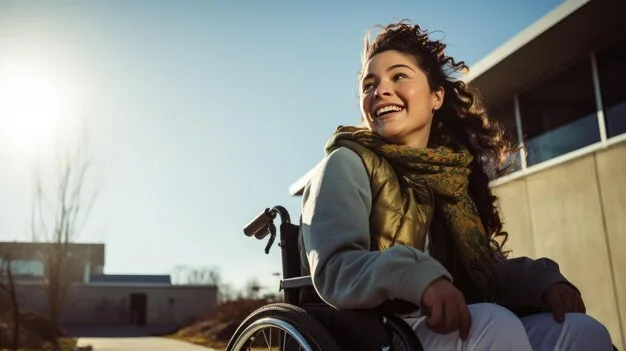 In a concerted effort to revolutionize personal mobility, the Toyota Mobility Foundation (TMF) has partnered with Toronto’s MaRS Discovery District to establish the Mobility Unlimited Hub (MUH). This initiative aims to accelerate the development and deployment of assistive technologies, enhancing independence for individuals with mobility challenges.
In a concerted effort to revolutionize personal mobility, the Toyota Mobility Foundation (TMF) has partnered with Toronto’s MaRS Discovery District to establish the Mobility Unlimited Hub (MUH). This initiative aims to accelerate the development and deployment of assistive technologies, enhancing independence for individuals with mobility challenges.
Launched in 2024, the MUH brings together innovators from various sectors to foster advancements in active mobility solutions. The hub provides a collaborative environment where startups can access resources, mentorship, and funding opportunities to scale their innovations. Dr. William Chernicoff, senior manager of Global Research and Innovation at TMF, emphasized the importance of this collaborative approach, stating, “By working together—and in parallel, the hub promotes engagement in ways that create synergy and add value.”
The inaugural cohort includes companies developing a range of technologies, from exoskeletons aiding pediatric mobility to AI-assisted communication tools. These innovations not only aim to improve individual autonomy but also promise broader societal and economic benefits. Grace Lee Reynolds, CEO of MaRS Discovery District, highlighted the hub’s impact: “With the exposure, visibility, and credibility provided by Toyota Mobility Foundation and MaRS, ventures are securing the funding, networks, and resources they need to scale.”
The inaugural cohort of the Mobility Unlimited Hub (MUH) comprises six innovative companies dedicated to enhancing personal mobility:
-
Trexo Robotics: Develops wearable robotic devices that enable children with disabilities to experience over-ground walking, both in clinical settings and at home.
-
Cheelcare: An Ontario-based startup designing advanced mobility solutions, including power add-ons and complex rehab wheelchairs, to enhance independence for individuals with disabilities.
-
AWL Electricity: Specializes in innovative energy solutions aimed at improving the efficiency and accessibility of electric-powered mobility devices.
-
Braze Mobility: Offers sensor-based systems that transform regular wheelchairs into “smart” wheelchairs, providing users with enhanced navigation and obstacle detection capabilities.
-
Deaf AI: Focuses on developing artificial intelligence-driven tools to facilitate communication for the Deaf and hard-of-hearing community.
-
Axtion Independence Mobility: Committed to creating assistive devices that promote autonomy and improve the quality of life for individuals with mobility challenges.
These companies are collaborating within the MUH ecosystem to accelerate the development and deployment of cutting-edge mobility solutions.
As the MUH continues to support groundbreaking work in personal mobility, it exemplifies how strategic partnerships can drive meaningful change, offering hope and enhanced quality of life to those with mobility impairments.